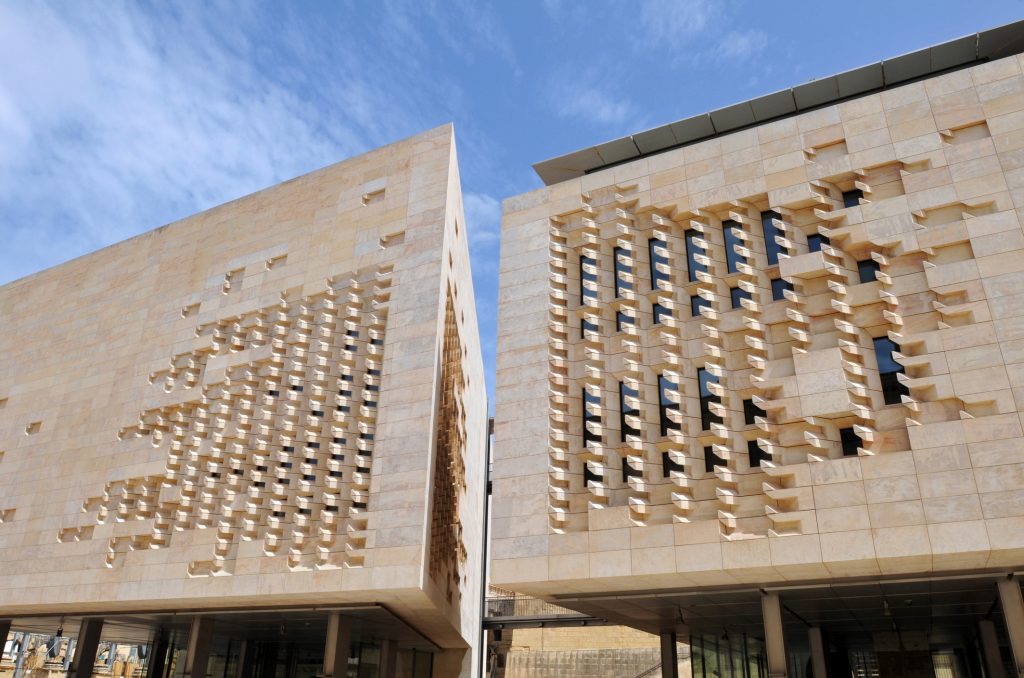An anachronistic House

As Malta’s Parliament prepares to reconvene for the busiest stretch of the year, dominated by the annual budget, it’s important to reflect on the broader implications of how our legislative body functions. While the upcoming debates and discussions will surely capture public attention, there’s a more troubling issue that continues to be ignored—an outdated parliamentary model that has remained largely unchanged since its inception over a century ago.
Malta’s Parliament, founded on the framework set by the British in 1921, remains a relic of a bygone era. Incredibly, our MPs are still not full-time legislators, despite Malta’s standing as a member of the European Union, where the majority of member states have long moved toward full-time, professional parliamentary roles. The only exception in Malta applies to members of the executive branch, while most MPs are left juggling their public responsibilities with their primary jobs or professions. This situation is not just archaic—it’s unsustainable in a modern democracy.
How can Malta, an EU member state, govern itself on a part-time basis? It’s no wonder that most of the EU’s parliaments have embraced full-time MPs, recognizing the importance of dedicating all their time and energy to the complex and ever-growing demands of governing. In contrast, Malta has chosen a model of quantity over quality. Our Parliament, now bloated to over 80 MPs for a population of just half a million, is not only excessive but also ineffective. Instead of fostering a lean, efficient legislature with dedicated full-time representatives, we have allowed Parliament to expand without a corresponding improvement in the quality of governance.
This excessive number of MPs hasn’t translated into a stronger democracy or a more responsive government. Instead, it has diluted the role of our representatives. Worse, our MPs are often under-resourced and overly reliant on volunteers, a situation that can expose them to conflicts of interest. For a democratic institution as critical as Parliament, such vulnerabilities are unacceptable.
The time has come for a major reform. Malta needs full-time MPs who can devote their full attention to the pressing issues of the day, whether it be the economy, the environment, or social justice. A leaner House with better-resourced MPs would serve the country far better than the current bloated structure. This reform has been discussed for decades, but for reasons that remain unclear, no government has taken the bold step to implement it. Perhaps the political class is reluctant to “rock the boat” or is comfortable with a system that treats parliamentary service as a side job or a pathway to greater influence.
Whatever the reason, this inertia is costing Malta dearly. Parliament is the cornerstone of our democracy, and it deserves more than being treated as a part-time pursuit. As we head into one of the busiest periods of the parliamentary calendar, the focus should not only be on the budget but on a long-overdue reform that would bring Malta’s legislative system in line with its European counterparts.
The time for full-time MPs is now. Anything less is a disservice to the people of Malta.
